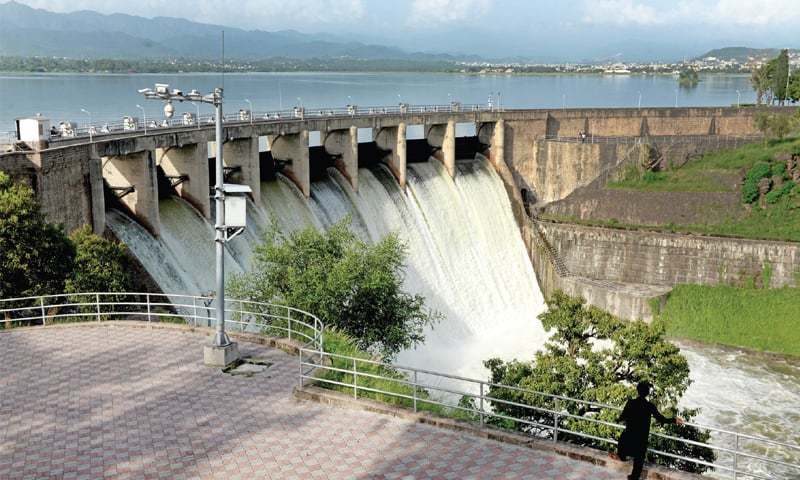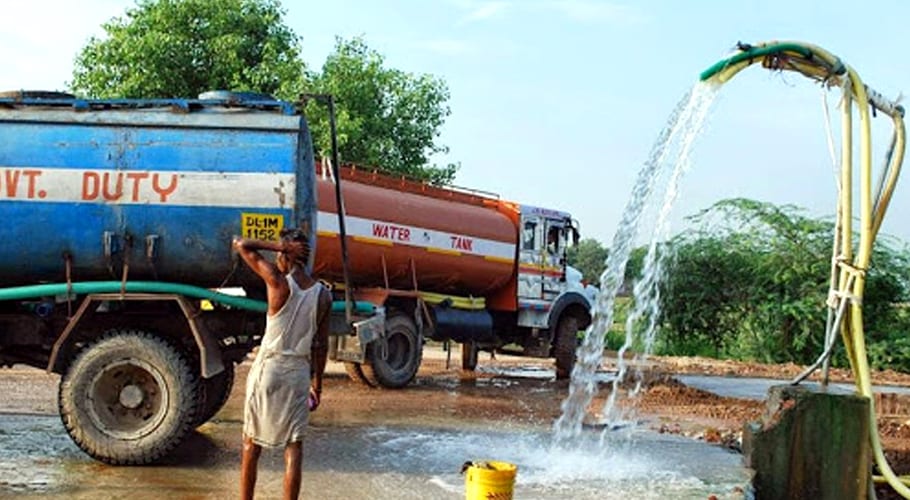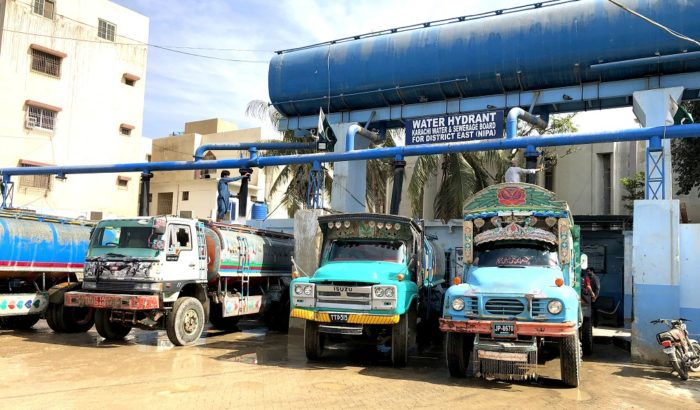ISLAMABAD: The World Bank has approved a $442 million loan for improving access to water and sanitation services for the most vulnerable rural communities in Punjab, as the lender predicts “sizable increase” in poverty across the country.
The World Bank board of directors approved the Punjab Rural Sustainable Water Supply and Sanitation Project (PRSWSSP) to upgrade water supply and sanitation infrastructure and services for sustainable access to drinking water and safe wastewater management, a handout issued by the local office of the World Bank stated.
The project prioritises rural settlements, where water contamination and poor sanitation practices are more prevalent, causing high levels of illness and child stunting.

The World Bank approved the project the day the government decided to reverse its earlier decision of increasing tax incidence on the dairy products, which would have reduced their consumption. In the budget, the government has proposed to increase the sales tax rate on dairy products from 10% to 17%.
The finance minister asked the Federal Board of Revenue (FBR) chairman to ensure that the above changes are incorporated in the final budget to be passed by the parliament. The PDA said the decision would help the government achieve its nutrition related targets.
One of the project goals of the $442 million new World Bank loan is “reduction in the incidence of stunting among children aged 0-3 to 40%, according to the World Bank.

The World Bank project documents underlined that the Covid-19 pandemic crisis is expected to lead to a sizable increase in poverty, reversing the sustained reduction observed over the past 20 years.
It said that deterioration of health indicators is expected due to demand-side issues induced by the crisis, such as lower utilisation of non-Covid-19 healthcare due to fear of contagion and income constraints. The pandemic has also resulted in an increase in the number of out-of-school children, said the World Bank.
The absence of significant investment in safe management and disposal of fecal waste coupled with virtually no investment in the treatment of drinking water in rural areas is responsible for the anomaly of persistently high rates of diarrhoea and stunting, said the World Bank.
Punjab has fared well in terms of overall poverty reduction, close to 48% of the country’s poor live in Punjab, which is broadly proportional to Punjab’s share in Pakistan’s total population.
“There is significant spatial disparity in poverty across Punjab and human development outcomes are similarly skewed,” said the World Bank.
The loan proceeds will also be utilised to provide wastewater treatment facilities that mitigate risk of fecal contamination of water resources in heat stressed and water-scarce areas by generating safe effluent to 2,000 villages. The percentage of households that have the World Health Organization (WHO) quality drinking water at point-of-use will be increased to 75%.

“PRSWSSP will help more than six million rural residents in the poorest districts of Punjab to reduce child stunting and address areas at high risk to droughts and water scarcity,” said World Bank Country Director for Pakistan Najy Benhassine.
PRSWSSP Task Team Leader Farhan Sami said the project will reduce water borne illnesses and ensure service quality and customer care through a financially sustainable public company.
According to the World Bank, the project will cover 16 districts, with 50% of districts from south Punjab, and 25% each from central and north Punjab.


